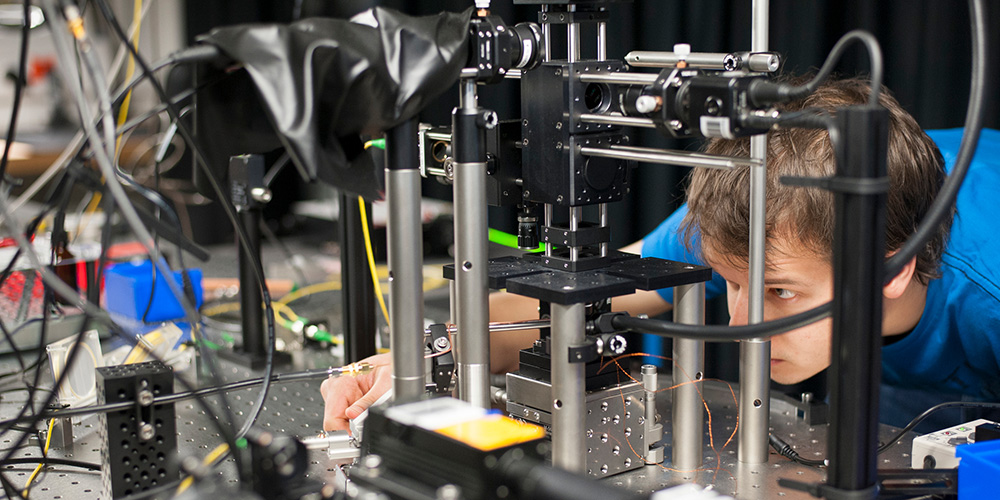Mitochondria are the powerhouses in our cells, producing the energy for all vital processes. Using cryo-electron tomography, researchers at the University of Basel have now gained insight into the architecture of mitochondria at unprecedented resolution. They discovered that the proteins responsible for energy generation assemble into large “supercomplexes”, which play a crucial role in providing the cell’s energy.
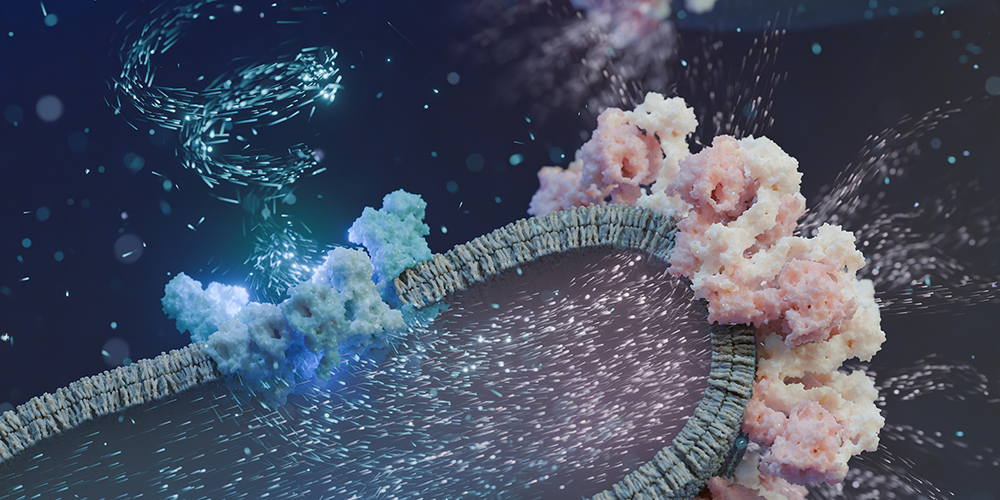
Students and staff have until 26 March to nominate their favorites for the University of Basel Teaching Awards.

Scientists at the Universities of Basel and Cologne have revealed a key superconducting effect in topological insulator nanowires. Their findings bring topological insulator nanowires closer to serving as the foundation for stable, next-generation quantum bits (qubits).

Nerves and muscles must work together perfectly for us to move. Researchers at the University of Basel have identified a large number of genes in mice that help maintain the connection between muscle and nerve cells. The study, published in “Nature Communications”, also provides valuable insights for the treatment of currently incurable neuromuscular diseases.
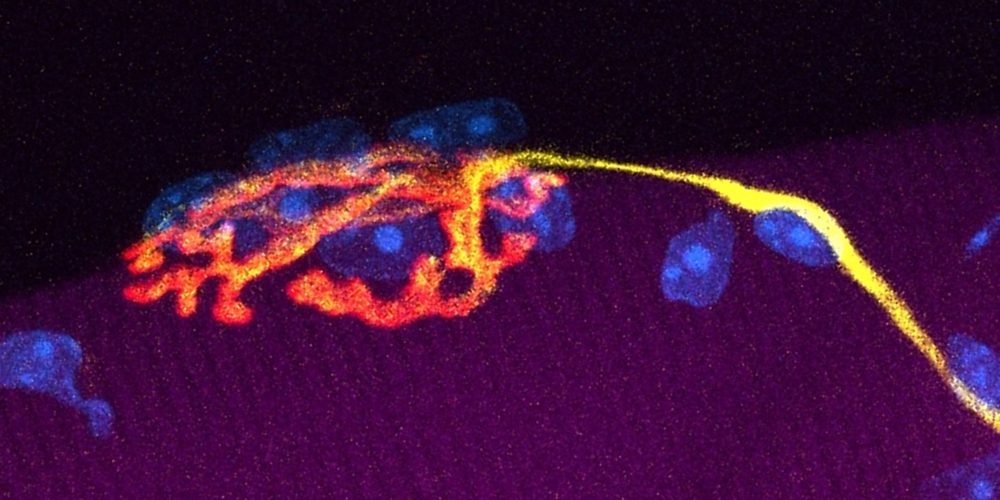
Injuries to the articular cartilage in different joints, including the knee, are painful and limit mobility. Therefore, researchers at the University of Basel and University Hospital Basel are developing cartilage implants using cells from the patient’s nasal septum. A recent study shows that giving these cartilage implants more time to mature significantly improved clinical efficacy, even in patients with complex cartilage injuries.
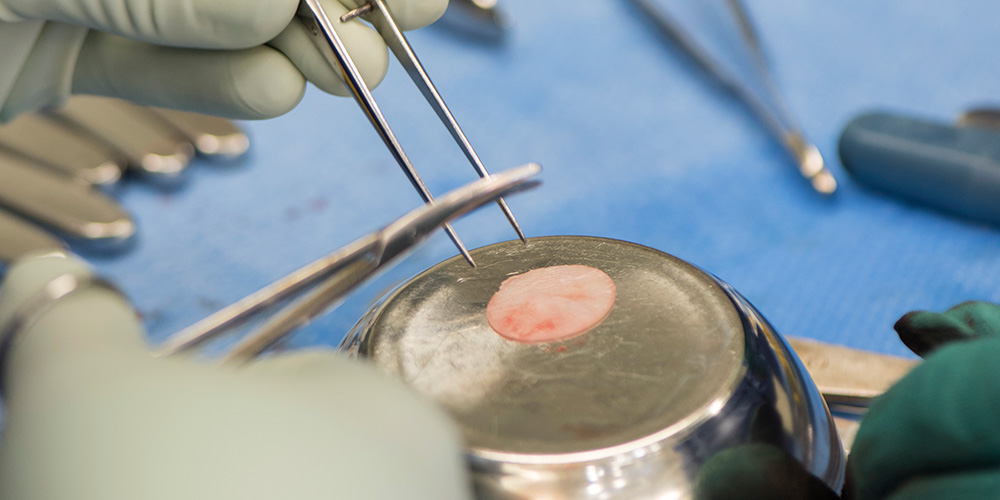
Some bacteria deploy tiny spearguns to retaliate against rival attacks. Researchers at the University of Basel mimicked attacks by poking bacteria with an ultra-sharp tip. Using this approach, they have uncovered that bacteria assemble their nanoweapons in response to cell envelope damage and rapidly strike back with high precision.
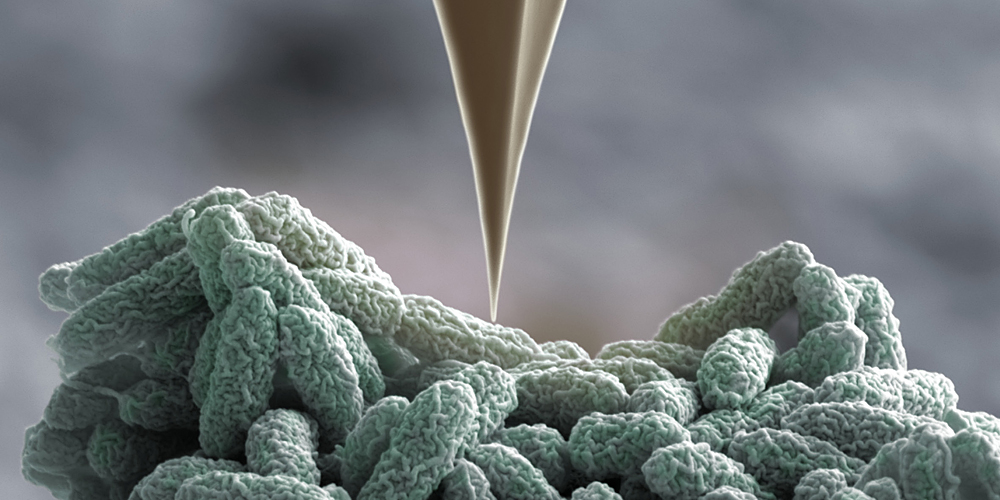
The University of Basel and the University of Bern are setting up a new research center to enable the construction of superconducting quantum units. The Werner Siemens Foundation is supporting the project with a total of CHF 15 million over the next eleven years.
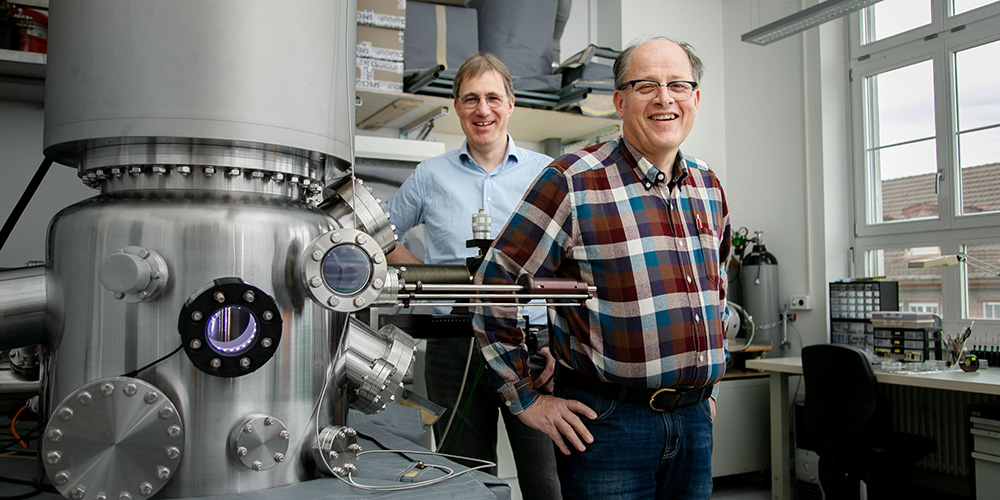
Russian President Vladimir Putin is rewriting history as he pleases: in the run-up to the anniversary of victory over Nazi Germany, he has once again proclaimed the war against Ukraine to be a continuation of the Soviet Union’s heroic struggle against the Nazis and the West. Researchers of the University of Basel provide an analysis of this strategy.

The European Commission has approved the proposal of Eucor – The European Campus for a new international training program for doctoral candidates in quantum science and technology. “Gen-Q” will enable 51 young scientists to complete a PhD with an international, interdisciplinary and intersectoral focus.
